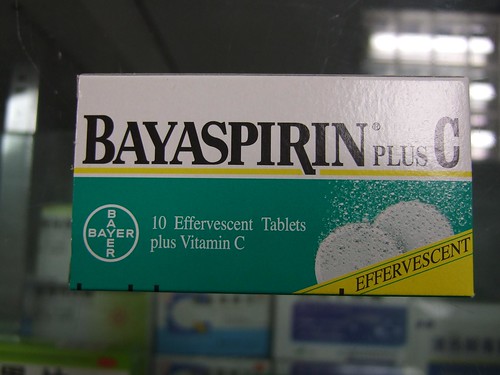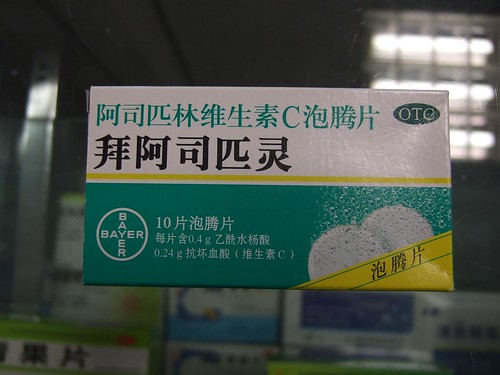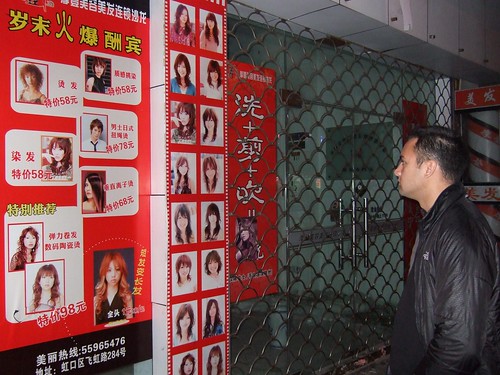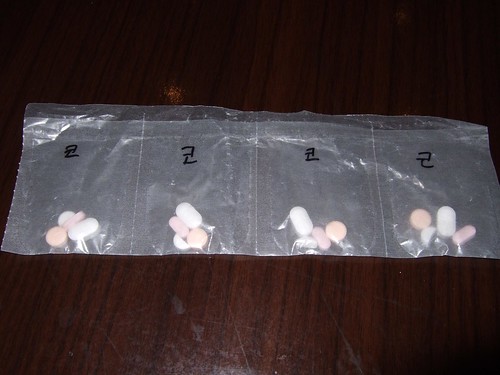Health · Dominik Mayer · Products, Asia, Productivity
He Couldn’t Remember
Tyler Wetherall writes in the New York Times about how she helped her ex-boyfriend recover from memory loss:
To break up with someone is to lose the imagined future you would create together, but you would always share the landscape of your collective past. If Sam could not remember, I would be alone in that landscape.
FDA Approval
In an op-ed for the Los Angeles Times, Dr. Anita Sircar writes about a severely ill COVID patient she treated. The man had not gotten a vaccination. He wanted to wait for full FDA approval to not be “the government’s guinea pig”.
“Well,” I said, “I am going to treat you with remdesivir, which only recently received FDA approval.” I explained that it had been under an EUA for most of last year and had not been studied or administered as widely as COVID-19 vaccines. That more than 353 million doses of COVID-19 vaccine had been administered in the U.S. along with more than 4.7 billion doses worldwide without any overwhelming, catastrophic side effects. “Not nearly as many doses of remdesivir have been given or studied in people and its long-term side effects are still unknown,” I said. “Do you still want me to give it to you?”
Check the article to see how the story continues.
The Source Code of a Coronavirus Vaccine
Bert Hubert dives into the source code of the BioNTech/Pfizer SARS-CoV-2 vaccine:
The code of the vaccine starts with the following two nucleotides:
GAThis can be compared very much to every DOS and Windows executable starting with MZ, or UNIX scripts starting with
#!. In both life and operating systems, these two characters are not executed in any way. But they have to be there because otherwise nothing happens.
It’s absolutely fascinating how we’re just a combination of myriads of little biological computers.
Nurses, Doctors and a Pilot
In case you’re not following Vietnam’s Coronavirus success story you might not be aware of “Patient 91”, a British Vietnam Airlines pilot that was the most severe Corona patient in the country.
He caused one of the largest clusters of infections in Southern Vietnam and was comatose for over two months. During this time the news media reported on all the details of his health. From blood levels to treatment plans.
Now the pilot is awake and the media shares pictures, videos and a conversation between patient and doctor.
Today, VnExpress’s Anh Thu wrote an article about the nurses and it’s pure gold. Some of my favorite parts:
The patient is over 1.8 m tall and weighs 88 kg, while the average female nurse only weighs around 40 kg.
And:
After the patient exited a two-month coma, one of the biggest challenges proved to be his Scottish accent, which the nurses found hard to understand, fueling his bad moods and the frequent scolding of nurses.
And:
He is quite sensitive and has a low pain tolerance. Nurses must inform and explain in detail any procedures prior to commencement, according to gentle and resilient Tham.
The patient’s eating regime and taste also proved a major obstacle. When he started eating again, Vietnamese cuisine simply did not appeal, forcing the hospital kitchen to dish up anything from spaghetti to western-style lamb chops.
And:
“He is very sensitive and cries easily,” Thi said.
Do yourself a favor and read the whole thing 😆.
Coronavirus: What’s Behind Vietnam’s Containment Success?
Chris Humphrey writing for the South China Morning Post:
“Vietnam responded to this outbreak early and proactively. Its first risk assessment exercise was conducted in early January – soon after cases in China started being reported,” Park says.
I’m impressed with Vietnam’s reaction to this crisis. They closed cinemas, bars, karaoke parlors early, then restricted access to restaurants and finally closed everything that’s not absolutely necessary.
21 Women
The University of Montreal has found that men who had sex with more than 20 women lower their prostate cancer risk.
What Happens When You Drink Alcohol?
For some unknown reason (I was hungover) I decided to research how alcohol affects the body. I wanted to know exactly what happens from the moment you drink the alcohol to the moment (22 hours later) when the alcohol is gone.
A Snake in the Hand
A German friend raves about her hand creme, two Chinese friends explain it consists of snake oil. There were times where this would have surprised me more.
Two Pairs
An afternoon at the glasses market. It’s nothing new that I can’t decide which ones to take. This time I just got two of them. No problem for 150 Yuan (about 15 Euro) each.
News About the Chair
“It is a good chair, it was made in Japan and was used in German in 1997.”
Rainbow City Lifestyle Mall





Watch the video here.





The only thing I bought. Very useful. And only 32 Yuan (+ 2,90 Yuan for the bulb).
Hongkou Night

Women Hospital



My barber’s. We think the sign says they will reopen on April 30th.

As usual: We know many characters but have no clue about their meaning in combination.

My street.

The house on the other side.
Electric Chair
A friend is on the phone. She found a doctor with an “electric chair” that can “heal my sick”. She tried to sit on it and it is “very comfortable” and “a very good chair”. It can “clean our blood”. And it is free.
When you sit on the chair you have “no other feelings”. Today she saw “many, many people sit on the chair, they all say it is very comfortable.” The doctor is in a hospital but “this chair not in a hospital”, outside the hospital in something “like a store”.
“The doctor says it is good for our health and will heal your sick”. I’ll give it a try.


